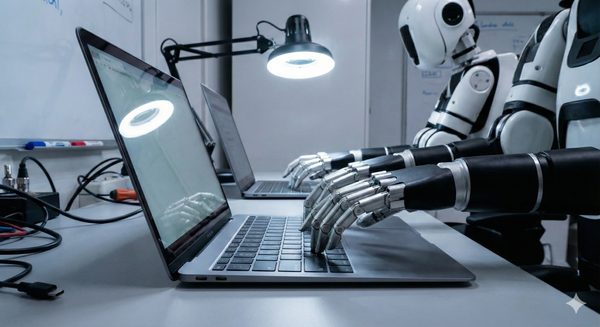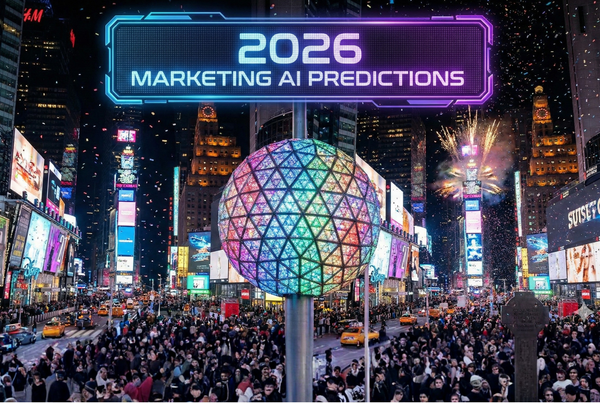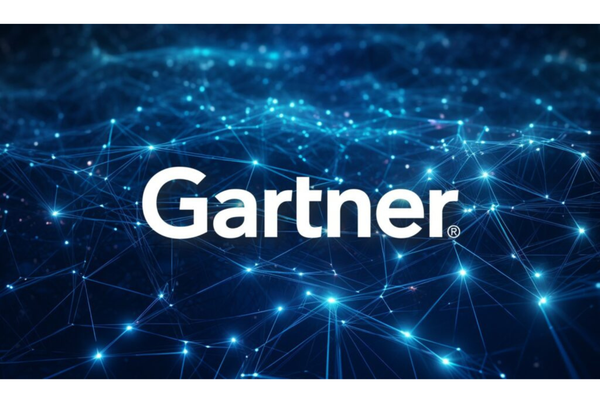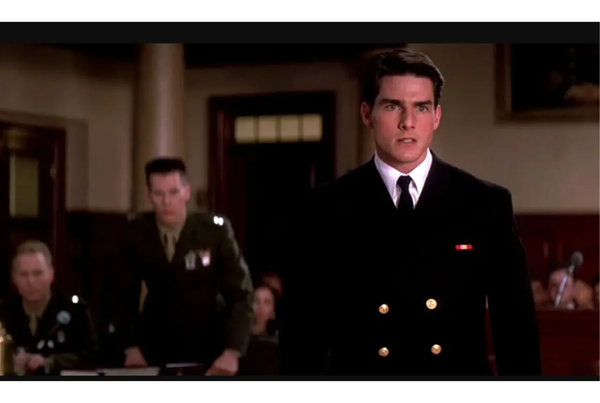What Marketers Need to Know About Copyrights and Trademarks with Generative AI
Using gen AI in your marketing? Here's what the legal community is saying about the copyright and trademark laws you need to know.
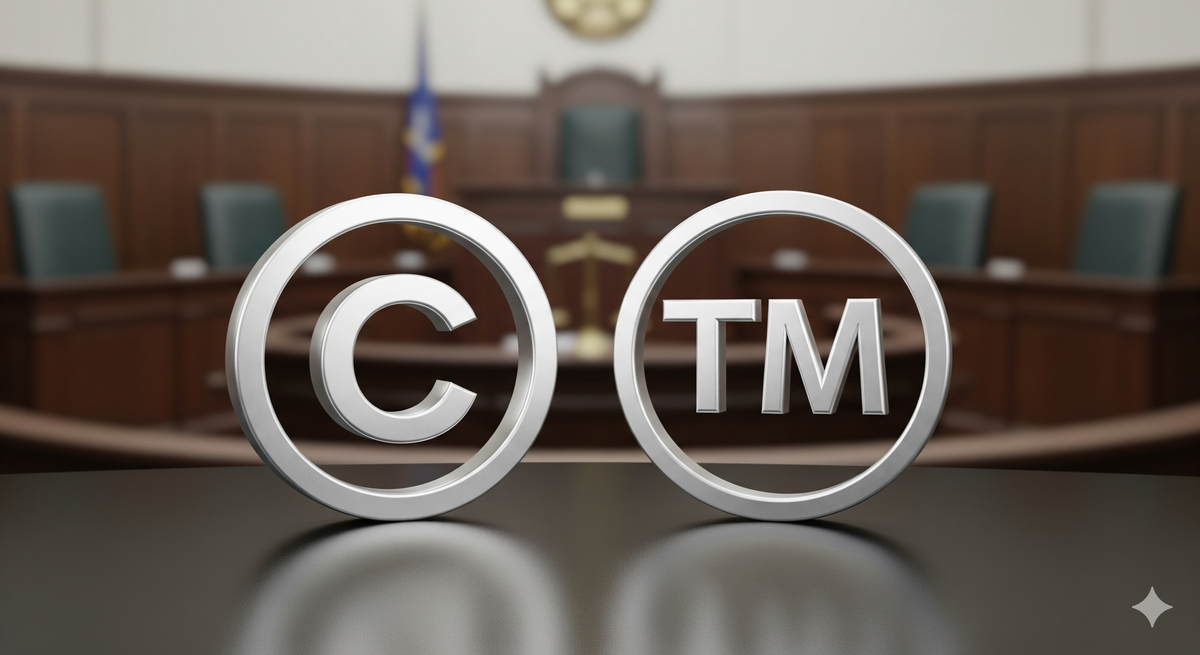
Generative AI is reshaping how brands create, test, and scale marketing content—from logos and product packaging to viral ad campaigns. As exciting as these tools are, they also raise tricky questions about intellectual property (IP). Can you copyright an AI-generated logo? Could your campaign accidentally infringe on another brand’s trademark? And what happens when AI itself is accused of piracy?
As of August 2025, copyright and trademark laws are evolving. I researched what law firms are writing and publishing on the topic. Here's a summary of what I found.
Copyright: Human Authorship Still Rules
The U.S. Copyright Office is clear: only humans can be “authors.” Purely machine-generated outputs don’t qualify for copyright protection and fall straight into the public domain. That means anyone could reuse your unedited AI-generated image, and you’d have no legal standing to stop them.
The courts emphasize one thing: meaningful human creativity is required. That could mean editing, arranging, or combining AI outputs in new ways. Even curating and organizing results into a unique composition can help secure protection.
Keep records of your process—prompts, sketches, edits, and drafts. These notes can be your proof of originality if you ever need to defend your work. Just remember: the copyright will only protect the human contributions, not the raw AI output.
Trademarks: A Bit More Flexible
Trademarks focus on distinctiveness in the marketplace. That means your AI-generated logo or brand name might still be eligible for trademark protection—even if it can’t be copyrighted.
But AI doesn’t know when it’s accidentally copying someone else’s brand. A logo “inspired” by your favorite sneaker company could land you in hot water for infringement.
When it comes to trademarks, the best defense is a proactive one. Start by running clearance checks in the USPTO database and use reverse-image tools to make sure your AI-generated design doesn’t accidentally resemble an existing brand. If your new logo or brand element is becoming central to your business, register it as soon as possible to lock in protection. And remember, counterfeiters are using AI just as aggressively as legitimate marketers, so it’s important to monitor the market and watch for lookalikes that could dilute or damage your brand.
A Practical Checklist for Marketers Using AI
- Treat AI as a tool, not the author. Use it to brainstorm, generate drafts, or explore directions—but make sure you add your own creativity by editing, refining, or combining elements. That human input is what gives your work a stronger legal footing.
- Document your process. Save prompts, drafts, and edits to demonstrate your role in authorship.
- Check the fine print. Every AI platform has its own terms of service, and not all of them guarantee commercial rights. Before you invest time and money into an AI-generated campaign, review the license carefully.
- Verification is also critical. Start by running clearance checks in the USPTO database and using reverse-image search tools to make sure your AI-generated design doesn’t resemble someone else’s brand. Many AI models are trained on massive datasets, some of which include copyrighted works. That “black box” can create exposure if your output is too close to something protected.
- Keep celebrity rights in mind. AI-generated likenesses for a viral campaign can land you in legal hot water, as LeBron James’ legal team showed when they cracked down on deepfakes misusing his image.
An intellectual property attorney can help you navigate licensing, fair use, and training data issues, ensuring your AI-human collaboration is structured for maximum protection.
What’s Next? Disney vs. Universal Could Change Everything
On June 11, 2025, Disney and Universal sued Midjourney, accusing the AI company of copyright infringement for enabling users to recreate characters like Shrek and Spider-Man.
At the heart of the case: Can AI companies legally use copyrighted works in training data under “fair use”? If Hollywood wins, AI companies may have to retrain their models with licensed content—making tools more expensive but also more legally secure.
For marketers, this could mean:
- Higher costs, but clearer protections
- Studios embracing AI once licensing is baked in
- A new era of “safer” AI tools for brand building


